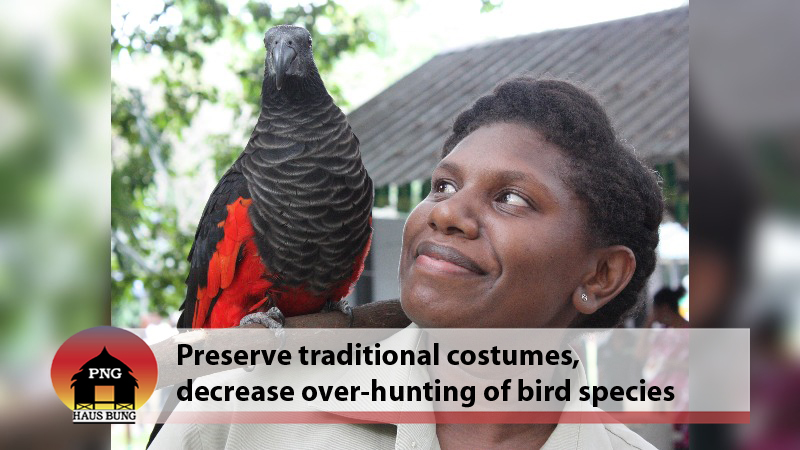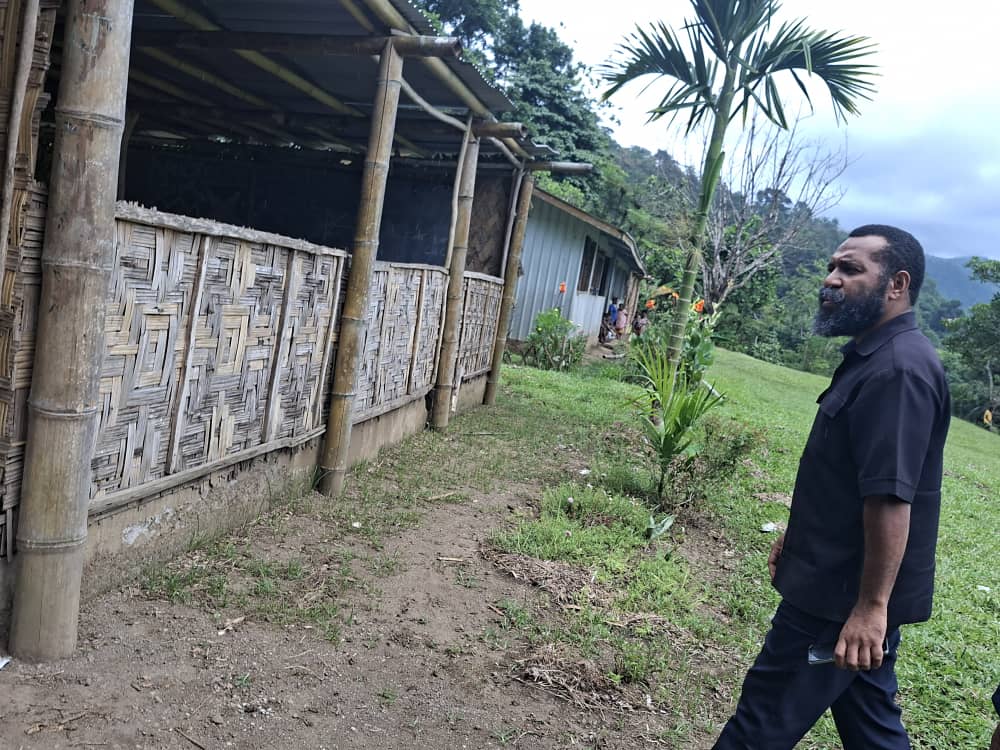NEWS
BIRD FEATHERS, ITS VALUE AND OUR CULTURAL HERITAGE
![]() By PNG Haus Bung |
September 10, 2021
By PNG Haus Bung |
September 10, 2021

Related News
LATEST NEWS



